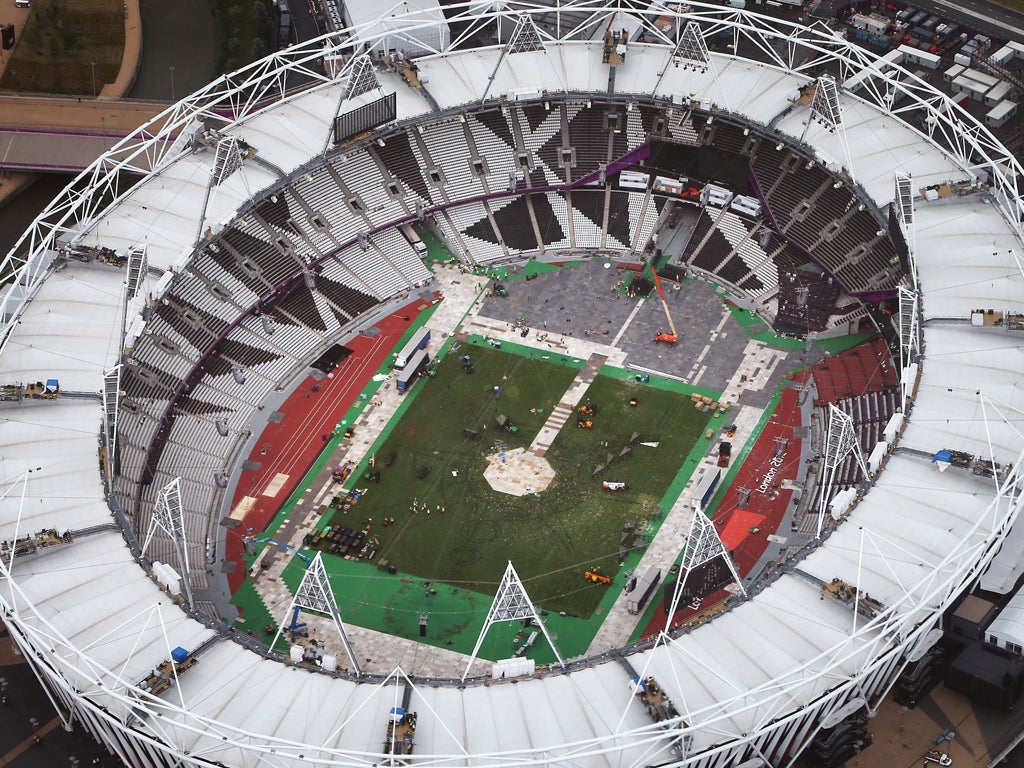The taxpayer will not have to make up any Olympic budget shortfall as sponsorship, ticket sales and merchandise helped organisers Locog meet the £2.4 billion cost needed to stage the Games.
Chairman Seb Coe is expected to tell Government officials next week that Locog raised £764 million from deals with 44 domestic sponsors, beating its target total of £700 million.
Though there will not be a shortfall - only a very small amount, if any, will find its way to the cash strapped British Olympic Association, and to grassroots sport, the destinations earmarked for any surplus.
Locog raised £659 million from ticket sales, far in excess of its £500m target, a sizeable proportion of which was achieved by the near sell-out of the Paralympics. It also raised £85 million from merchandise and licensing deals and was given £609m by the International Olympic Committee from broadcast rights sales and global sponsors.
Locog also, received vast amounts from government coffers for other costs outside its core budget, which was a cause of some controversy, as its status as a private company made these costs very difficult to scrutinise. It received £11m from in a government grant, to cover half the cost of the Paralympics. It received a total of £952 million, including £514 million for security and £78 million for Olympic Park operations. A further £136 million went via Locog for transport and utilities. It also received around £81m for the cost of the four opening and closing ceremonies, and tens of millions for the Cultural Olympiad.

Join our commenting forum
Join thought-provoking conversations, follow other Independent readers and see their replies
Comments